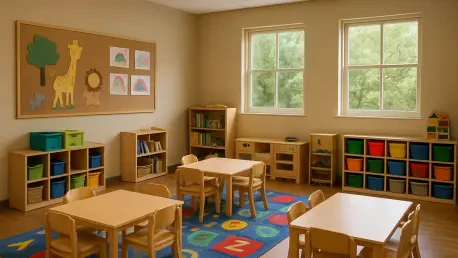
When a global conflict erupts or a domestic policy ignites public outrage, the inboxes of university presidents are among the first to overflow with demands for a definitive moral judgment. The expectation for an immediate, clear, and principled statement from the institution's highest office has

A university leader’s morning can begin with the urgent search for a missing student and end, just moments later, with a budget review meeting, a jarring transition that defines the modern academic leadership role. The relentless pace and the sheer breadth of responsibilities, from catastrophic

The quiet corridors of academia have become the thunderous front lines of a national political conflict, where the weight of federal power is being brought to bear on the foundational principles of higher learning. Courtrooms across the country are now the designated arenas for a struggle that pits

In an educational landscape where teacher retention is a persistent challenge nationwide, the Brandon School District stands as a testament to the power of community and commitment, recently celebrating three educators whose careers are deeply interwoven with the very fabric of the schools they

In a landscape where the foundations of education are more critical than ever, one San Marcos school has distinguished itself as a beacon of innovation in early childhood development. Bonham Pre-K, a campus within the San Marcos Consolidated Independent School District, recently earned statewide

The University of North Dakota School of Medicine and Health Sciences has initiated a significant administrative restructuring, a strategic maneuver aimed at reinforcing its commitment to addressing the distinct healthcare challenges of the state and the broader region. This overhaul, spearheaded